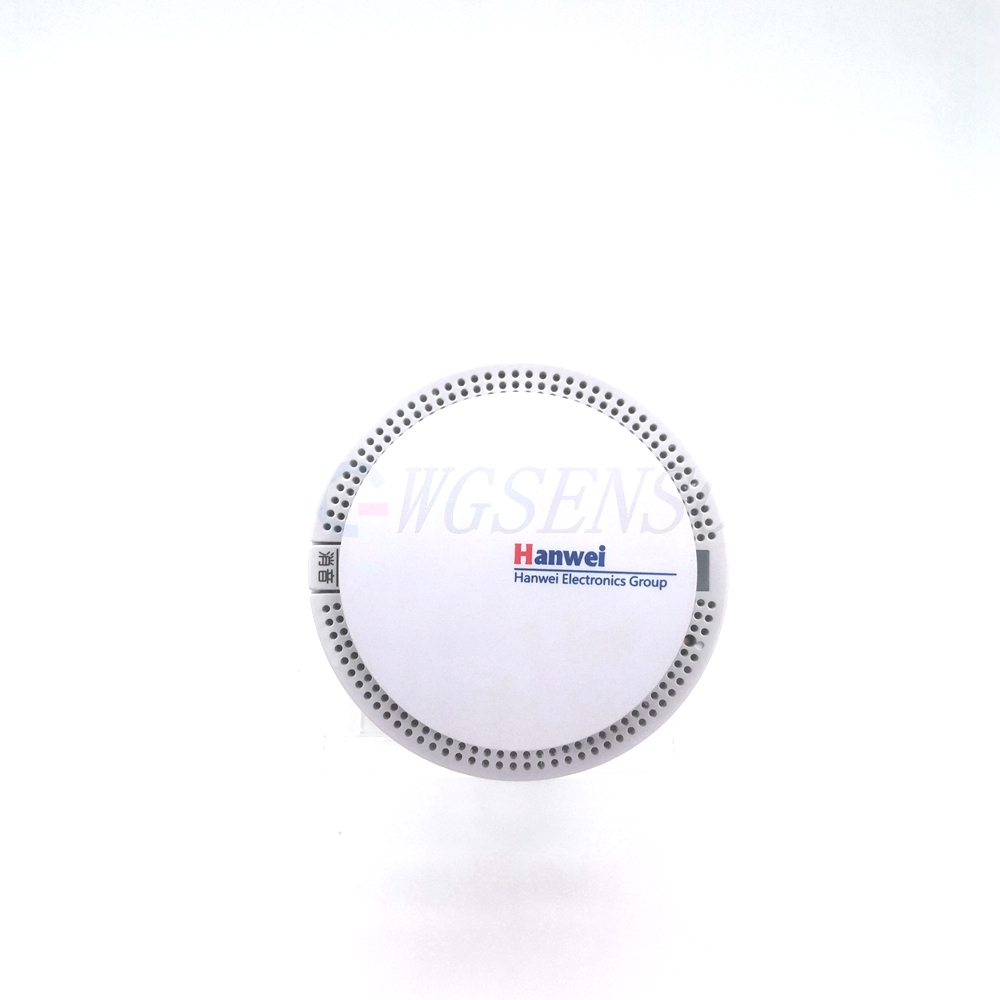The lifespan of a smoke detector depends on the type of detector and its power source. Here are some general guidelines:
Battery-Powered Smoke Detectors:
Typically, the batteries in these detectors should be replaced at least once a year, even if the low-battery alert has not sounded. As for the detector itself, it is recommended to replace the entire unit every 8-10 years. The actual lifespan can vary by manufacturer.
Hardwired Smoke Detectors with Battery Backup:
Similar to battery-powered detectors, the backup batteries in hardwired detectors should be replaced annually. The entire unit should be replaced every 8-10 years.
Hardwired Smoke Detectors (Without Battery Backup):
These detectors are connected directly to the electrical system of the house and may not have a backup battery. They typically last around 10 years, and the entire unit should be replaced after this time.
10-Year Sealed Battery Smoke Detectors:
Some smoke detectors come with a 10-year sealed lithium battery, and the entire unit is designed to be replaced after the battery’s lifespan expires. In this case, both the battery and the detector are replaced together.
It’s important to note that even if a smoke detector seems to be functioning properly, manufacturers recommend adhering to their specific guidelines regarding replacement intervals. Over time, sensors can become less sensitive, and electronic components may degrade, reducing the detector’s effectiveness. Regular testing of smoke detectors is also crucial to ensure they are in proper working condition.
Always refer to the manufacturer’s instructions and recommendations for your specific smoke detector model, as guidelines can vary between brands and models. Additionally, local regulations or building codes may provide specific requirements for smoke detector replacement.


Please contact us for free quotation by form below. We promise the quickest response within 24 hours: